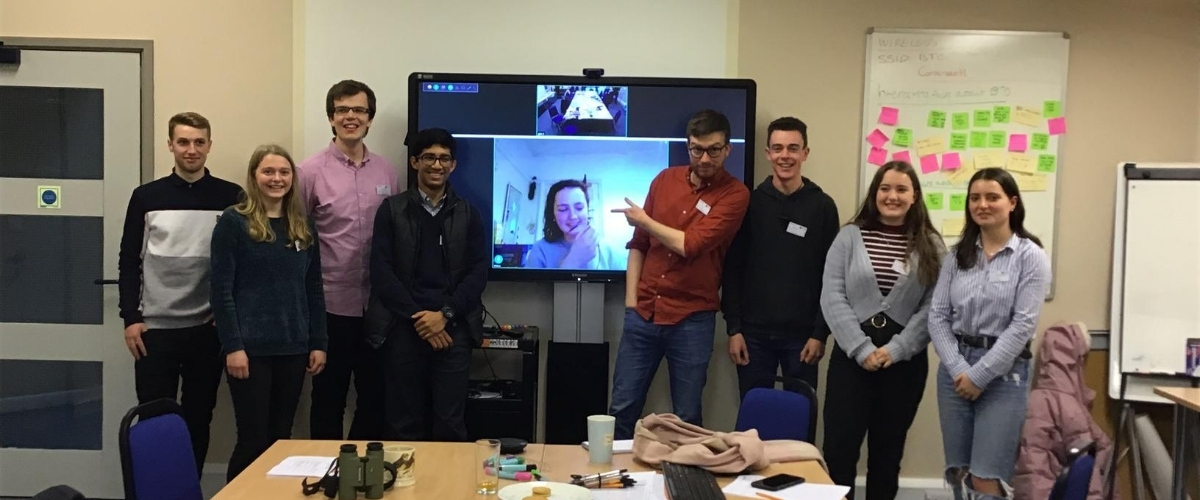
International Youth Day
Meet BTO's Youth Advisory Panel

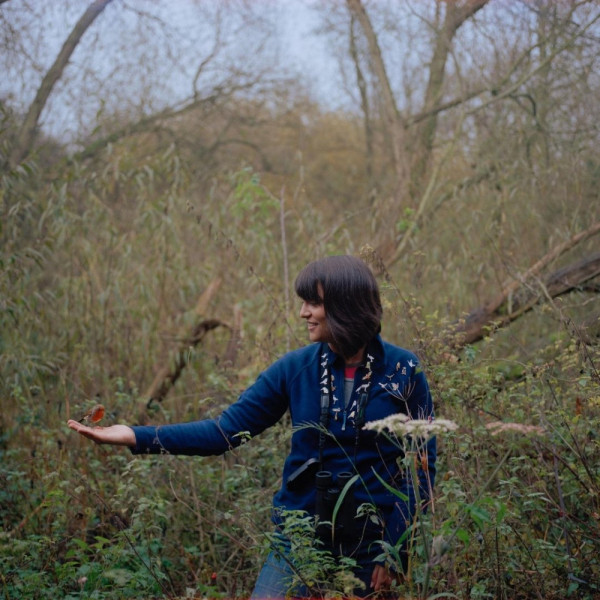

After weeks of research, including a literature review, horizon scanning, market research and a youth survey with over 200 responses, we’ve begun working on bringing together this information to implement new ways to increase youth engagement within the organisation. We are not only tailoring more online content for young people, but are also working towards a youth ambassador scheme to enhance the community, along with other ideas. Throughout our time on YAP we’ve received valuable training and incredible support from BTO staff.
We are proud that YAP has such a diverse range of young people with different ages, backgrounds, views and skillsets. To get to know us a bit better, we’ve chosen a few questions for YAP to answer.
What is the best thing about being part of YAP?
Emma: We work really well as a team and have lots of fun alongside working hard. I really love the sense of community and the opportunity to create similar communities for other young people is very exciting.
Maura: I love having our meetings where we get to speak to staff from lots of different departments. They have all been so enthusiastic about our ideas, which really helps us to know that we are heading in the right direction and that everyone in BTO wants us to succeed!
Conor: We all want to have a lasting impact and help young people around the UK engage with BTO and nature more broadly, which has been really exciting.
Samuel: We have the opportunity to help shape not just the future of the BTO but also the way that birding is interpreted amongst young people in the UK. It is also the opportunity to inspire and engage a new generation of wildlife enthusiasts.
Sorrel: I feel so excited knowing that we have the chance to start some really great initiatives for young birders across the UK, creating an inclusive community and reaching out to many more young people wanting to get into birds, and working with a team of young people to make this happen.
What is your top nature encounter to date?
Conor: In the UK, it has to be watching Great Northern Divers, one of my favourite birds, in the lochs on the Isle of Mull. Outside of the UK, I was lucky enough to travel around Uganda last year, where I saw and photographed a mother Leopard and her cub - an experience I’ll never forget.
Samuel: It’s hard to pick a favourite nature encounter, but in the UK it would have to be either watching a Bluethroat at Walthamstow Reservoirs in March 2018 or perhaps even the incredible views of Kingfisher at Morden Hall Park in December 2019. Outside the UK it would have to be finding an American Green Kingfisher after having just finished a shift at Montezuma Turtle sanctuary in Costa Rica. It was one of the very few occasions when I have been brought to tears by the sheer beauty of nature.
Megan: My top nature encounter happened during lockdown. On a usual weekend, I would drive about 30 minutes to my local nature reserve and go birding there, not taking as much time to enjoy wildlife in my local area. Being at home has allowed me to learn so much more about the wildlife near me. This included being able to watch five Fox cubs grow up in my garden over a few weeks. I cannot even explain how excited I was to notice the cubs on my camera trap and then to spend my first evening watching and photographing them.



Do you have any top tips for birding?
Emma: If you’re just beginning your birding journey (like me!) then go out with others who know about the birds in your area as much as possible. Going out with others is the best way to learn and it’s nice to have the social aspect as well.
Conor: The more time you spend out in the field, the luckier you get. You may go days or weeks without seeing anything of note or that is really exciting, but the more you get outside, the better your chances of seeing something amazing.
Samuel: The best advice I have is to not worry about what others around you have seen. Make sure that you enjoy what you are doing and learn from each experience. The more you get outside the more you will see and the more you visit an area the more likely you are to notice something that little bit rarer.
Megan: My number one tip for birding would be to just get outside and get started! Try not to worry too much about getting things (like ID) wrong at first; making mistakes will help you learn.
Describe a setback that you’ve overcome.
Conor: I chose to study psychology at University, which I thought would hold me back when trying to pursue a career in conservation. However, I’ve managed to transfer the skills learned during my psychology undergrad and masters into projects that tackle conservation and climate change issues, and moved into the field of Environmental Psychology during my PhD.
Samuel: It's always difficult to describe a setback and it's also often hard to think of one on the spot. However, one thing I would say is that bullying has been something that, unfortunately, like most young birdwatchers, I have had to deal with through school. Honestly, looking back at it now I have overcome this potential setback by simply ignoring what other people thought and enjoying what I do no matter what people say. This is one of the reasons why support for young people that have an interest in wildlife is vital and to try and normalise birding. Otherwise, these issues will still be around for years to come.
Emma: I’ve struggled with anxiety a lot, particularly in the last few years. Focussing on improving my birding skills and being outside in nature has really helped me to develop ways to manage my mental health in a positive, forward-thinking way. I really hope that by making nature more accessible to young people, others will also benefit in a similar way.
Who is your biggest role model?
Conor: I don’t really have a single role model, but I’m inspired by anyone who can turn complicated issues and topics into accessible and easy to understand content. Someone who does this really well is Johnny Harris, a journalist and documentary filmmaker who creates amazing short documentaries and videos on geopolitical issues and different cultural phenomena.
Samuel: It's always difficult to pinpoint a single person to look up to, but for me there have been several, some well known and some not so well known. Chris Packham is an obvious pick as he continues to spread his knowledge and makes it clear that Britain’s wildlife is in a troubling state. David Lindo is another as he has helped me to build confidence in being able to birdwatch in an urban area where it might have been deemed a bit ‘iffy’ to wear binoculars. There are also three not so well known role models. One is Corinne Bespolka, who has managed to make an amazing charity out of an awful situation. Her work commitment and enthusiasm is contagious. Howard Vaughan is another of my role models as he always goes that extra mile to try and encourage and enthuse young people into nature and he has helped to nurture a safe environment for Young people at RSPB Rainham Marshes with his monthly Kid’s Birdwatching club. And finally, David Walsh has been instrumental for trying to get young birders as connected as possible. Without him, I wouldn’t have met many of the people that I have now.
Sorrel: There are several women in birding and bird science who have inspired me to pursue a career in conservation, women like Dawn Balmer, Faye Vogely and Jamey Redway at the BTO. I am also inspired by Jamey’s passion to work towards a diverse and inclusive bird community, making change within organisations and building a nature community for all.

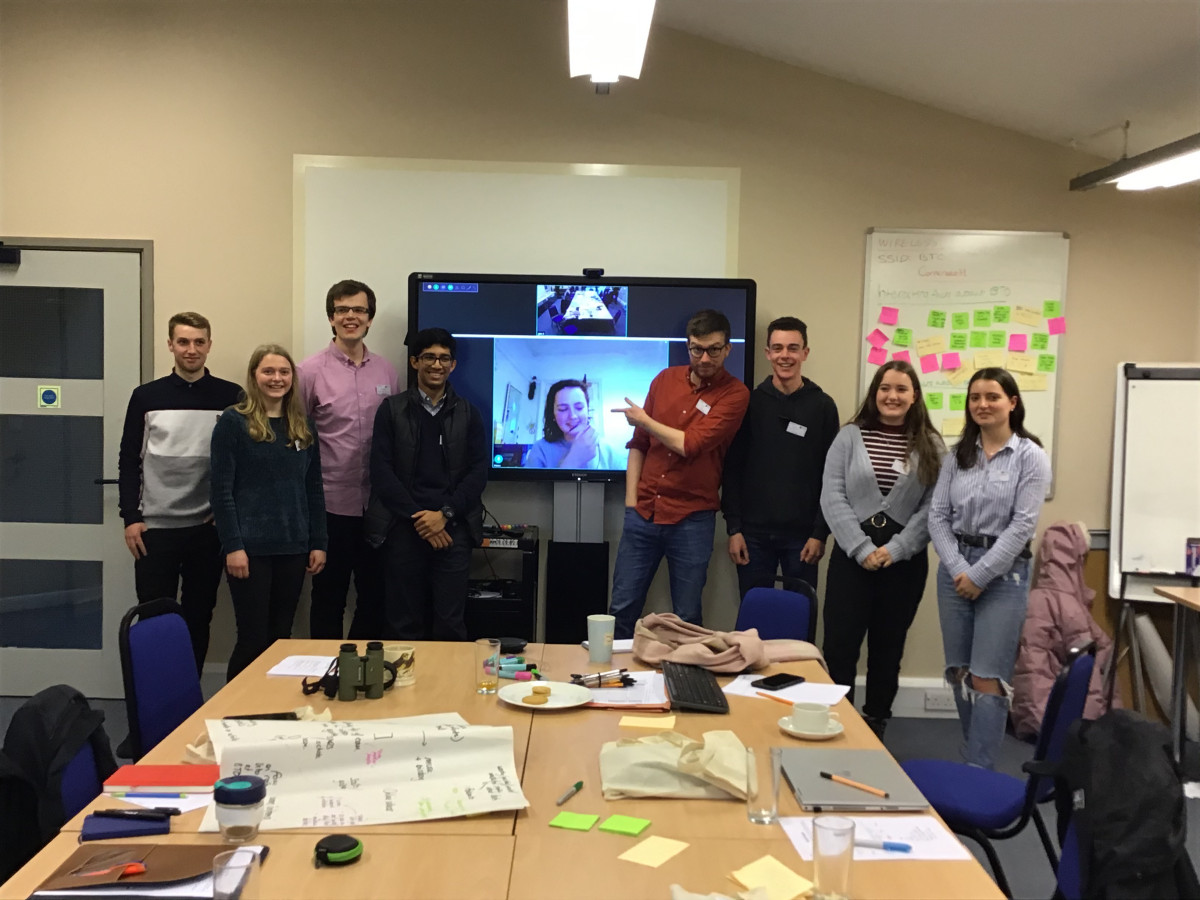

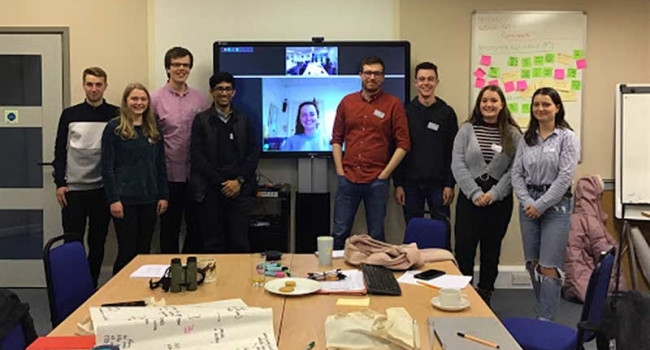
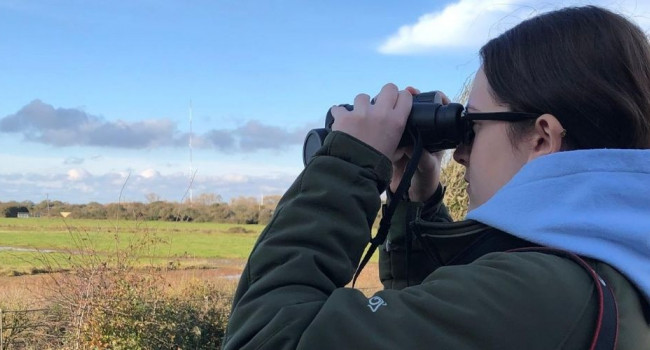
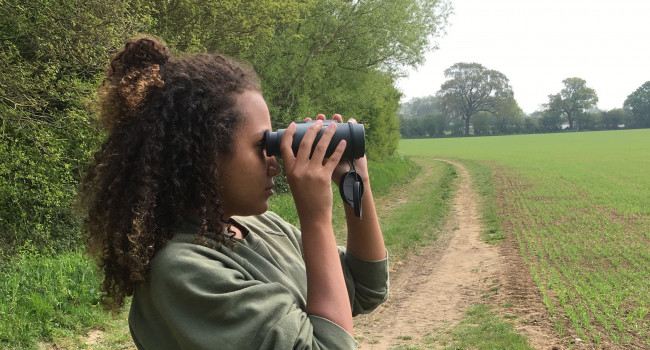

Share this page